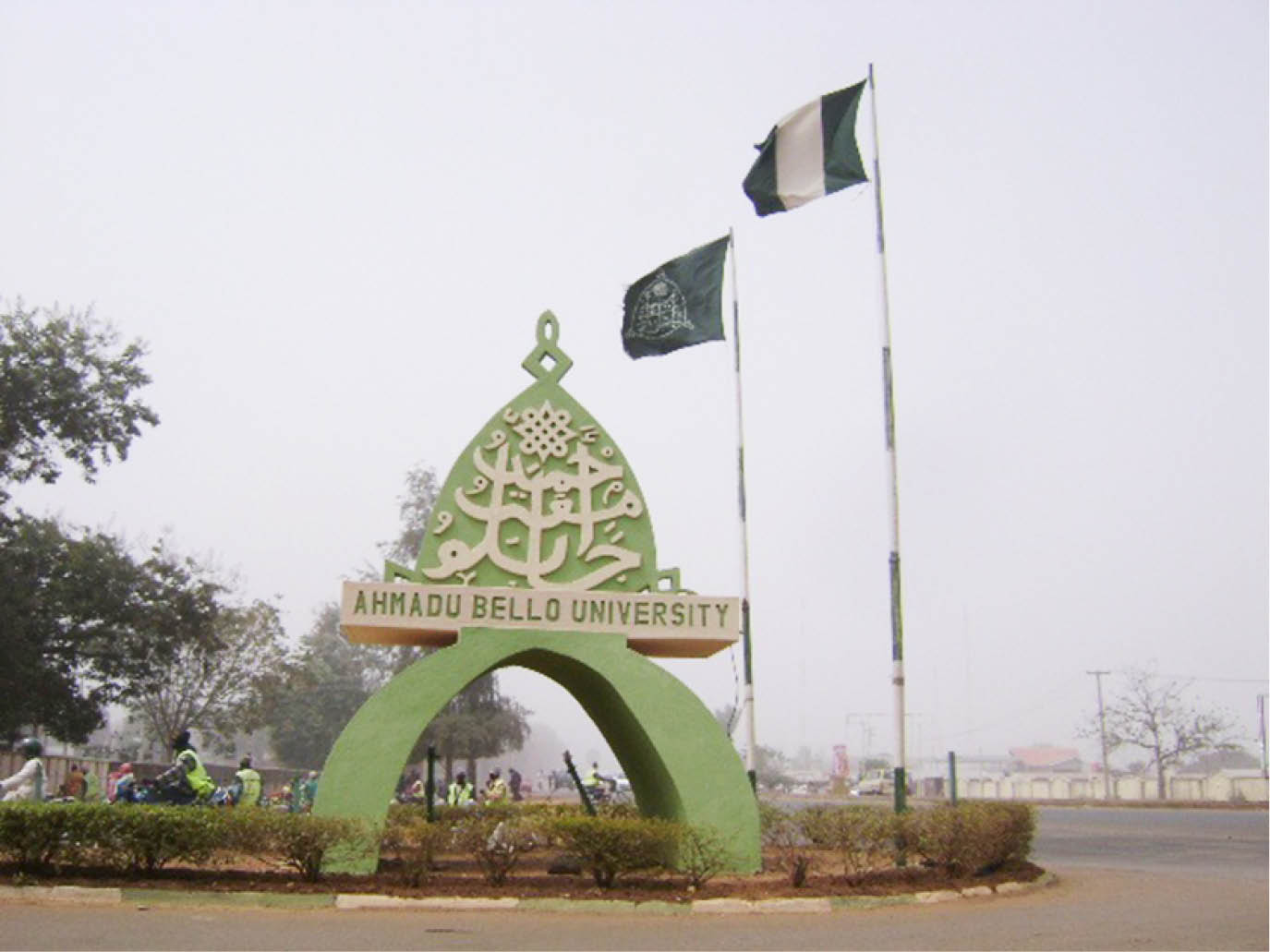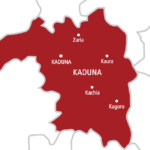Ahmadu Bello University (ABU)’s Institute for Agricultural Research (IAR) located in Zaria turned 100 years in 2022, having been founded in 1922. The institute could not celebrate its centenary anniversary last year due to the eight months strike by the Academic Staff Union of Universities (ASUU). The celebration was, however, flagged off on September 13, 2023 at an event where the Vice-Chancellor, Prof. Kabiru Bala, led other management staff of the institute including its Executive Director, Prof. Mohammad Faguji Ishiyaku, to plant various species of trees. The Vice-Chancellor planted tamarind within the green area of the institute to symbolize longevity as the tree could live for 1,000 years.
When the institute was established in 1922 as an Agricultural Station as well as an Administrative Headquarters of the then Northern Nigeria Regional Department of Agriculture, little was envisaged that the agricultural office would blossom into a foremost agricultural research institute with impact beyond its geographical scope. Research at the IAR started formally in 1925 with the establishment of a biological laboratory and the arrival of a botanist and a chemist as researchers. After the eventual take-over of ABU, Zaria by the federal government in 1975, the IAR was formally transferred and affiliated to the university in accordance with Statute 14 of the University Act.
Since its establishment, the IAR remained the main driving force of the agricultural transformations that, in the past 100 years, took place in the northern part of the country. IAR’s research output consequently culminated in the release of over 200 improved crop varieties for agricultural development and improvement of farmers’ lot for enhanced access to food by Nigerians. The IAR in the last 50 years, for instance, developed and released improved varieties of 21 cowpea, 29 groundnut, 69 maize, 56 sorghum, 4 sunflower, 17 cotton, 7 millet, 5 wheat, 12 tomato, 3 soyabean, 2 sesame and oats. The effort has been steady. Furthermore, national potential yield of some crops remarkably increased. While maize increased from less than 2t/ha to up to 9t/ha, sorghum and cowpea respectively increased from less than 1t/ha to 2.5t/ha and from 0.5t/ha to 2.7t/ha. Beyond Nigeria, IAR’s groundnut and cowpea varieties are widely grown by farmers across Niger Republic, Mali, and Cameroon.
The most outstanding contribution of the IAR to farming in Northern Nigeria is, perhaps, its agricultural extension services, which made agriculture the main stay of Northern regional economy in the 1960s. Through agricultural extension workers, rural farmers benefitted immensely from IAR’s research outputs as they relate to innovations in ploughing, planting, weeding and harvesting of crops. They also learned the best ways to store and preserve farm produce. The extension officers also exposed farmers to varieties of hybrid seeds. Nonetheless, century-old agricultural practices cannot be viable under today’s climate. IAR must develop new food products suitable for today’s consumer preferences. Unfortunately, the research environment has become very unfriendly for the IAR to live up to its mandate.
Reviving the failed fortunes and glories of the IAR requires addressing its critical challenges that include funding constraints. Research in the agricultural sector requires substantial financial support for infrastructure, equipment as well as training and re-training of personnel. The Institute relies on annual capital budget allocations to support ongoing research activities, which in recent years has grossly become inadequate. There is, therefore, a compelling requirement for consistent and augmented funding to ensure the continuity and growth of these research initiatives and to venture into unexplored horizons.
Infrastructure and equipment deficiencies are part of the other challenges facing the century-old institute. Many of its research equipment and infrastructure are out-dated. There is also a critical dearth of modern farm machines and equipment as well as silted IAR dam limits for both wet and dry season research activities. There’s a strategic need for government special intervention in the upgrade of infrastructure and procurement of essential equipment and vehicles if only to guarantee that the IAR remains competitive in the agricultural research landscape. Hi-tech research equipment would empower the IAR to develop climate-smart agricultural practices that can enhance resilience to climate change. This would involve research efforts specifically targeted at developing food and drought-tolerant crop varieties, sustainable management techniques and climate-resilient farming systems.
Outreach and knowledge dissemination must, as a deliberate policy, be aggressively improved upon. While IAR has a historical antecedent of excellence in research, the technologically-driven world of information makes it significantly imperative for the IAR to go beyond the traditional radio programmes by taking advantage of and deploying modern information and communication platforms to ensure that qualitative research findings reach and benefit local farmers and communities. Government support for IAR’s training and extension initiatives is pivotal in closing the gap between research outcomes and practical implementation. This would help to maximize the institute’s agricultural impact in the region.
The institute is encouraged to embrace emerging digital technologies such as precision agriculture, remote sensing, and data analytics in order to, once again, revolutionize farming practices in the Northern Nigeria. These technologies should be used to optimize resource use and enhance decision-making for farmers.
Daily Trust congratulates Nigerian farmers along with the management and staff of the IAR as the institute celebrates its centenary anniversary. We give 100 hearty cheers to the IAR, Zaria!




